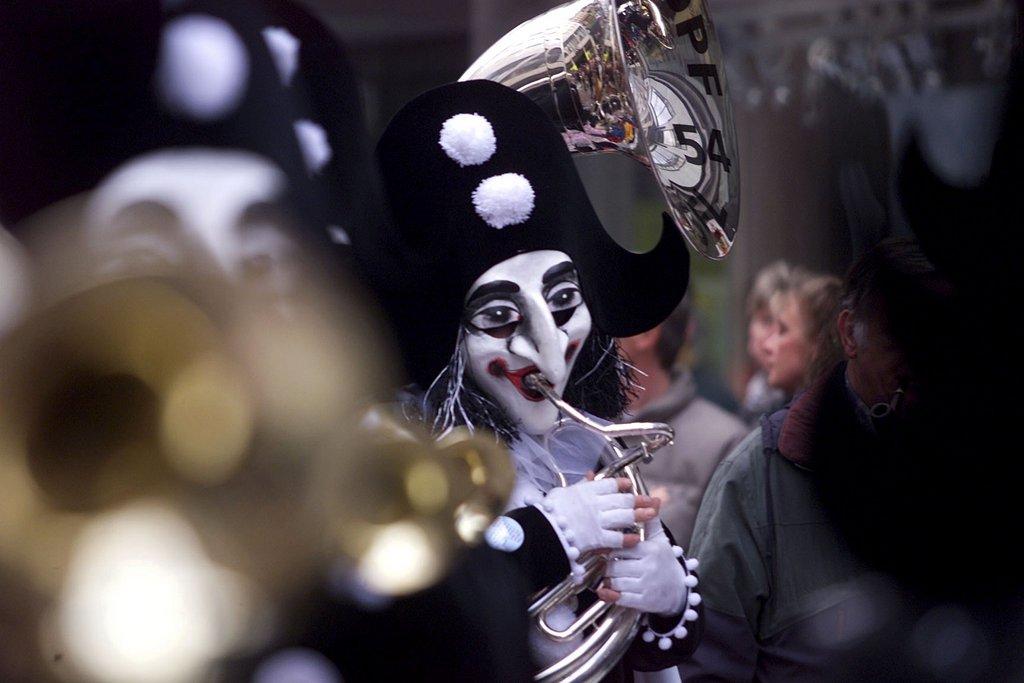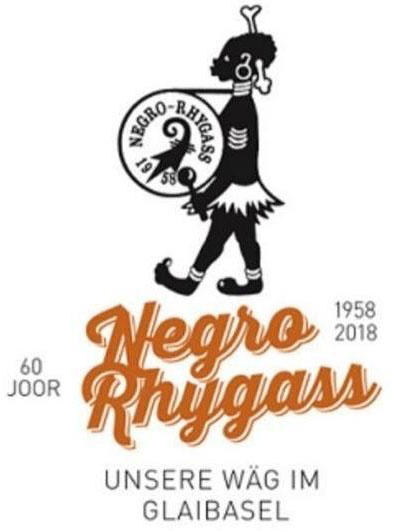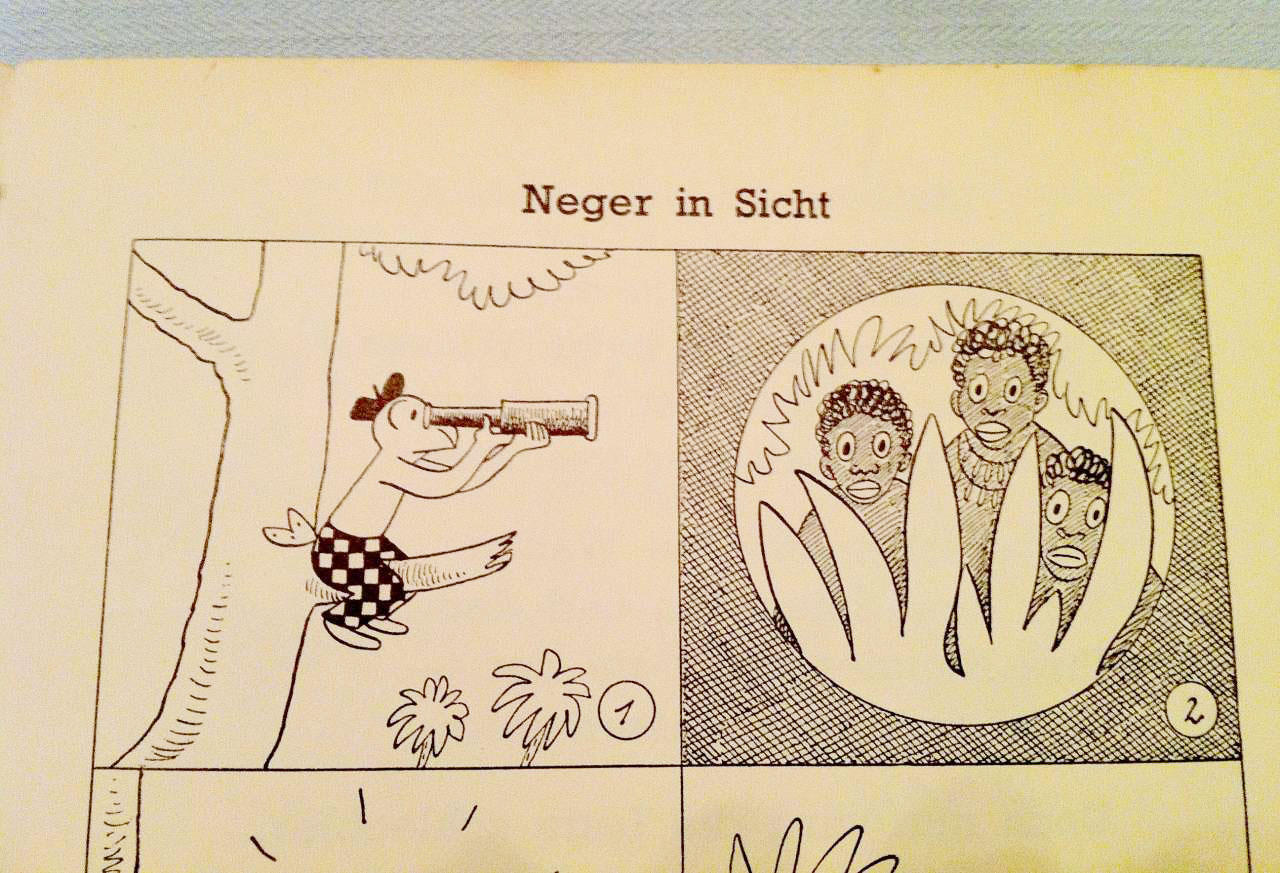
Bands and biscuits spark debate over racism and culture

The name of two carnival bands and a sweet treat have stirred a debate in Switzerland about the use of terms that many people consider racist. Should they be changed, or are they a part of history that should be preserved?

In Basel, two long-existing carnival bands have been accused of having racist names and symbols from the colonial era. “Negro-Rhygass” and “Mohrechopf” (“blackamoor”) have taken their websites down and are now discussing their logos and names. The logo of both bands was a clichéd image of a black man with thick lips and bones in his hair.
There is also a chocolate sweet treat called “Mohrenkopf” (meaning the same as Swiss-German “Mohrechopf”) – soft white interior covered in chocolate. The sweet became the subject of controversy in German-speaking Switzerland last summer, when an Internet petition urged a popular producer in Aargau to give it another name.
The company’s persistent refusal to do so led to a rapid rise in sales. Customers ate more of the sweets out of “solidarity” with a word many consider racist, and young members of the right-wing populist Swiss People’s Party (SVP) handed out “Mohrenkopfs” in pedestrian zones.
White Nostalgia
On an August weekend, several hundred people marched through Basel in support of the two carnival bands. “Hands off our cultural heritage” read one banner claiming the controversial words and images as part of Swiss culture that should be defended.

The demonstrators were joined by a few people with SS insignia and neo-Nazi tattoos who were sharply criticised by the carnival musicians. But most of the demonstrators were clearly not marching against black people; rather, they were marching for the right to make free use of words and symbols that were used unquestioningly in the past. This was about white nostalgia in a society where ethnic groups who arrived later are now making themselves heard.
The maker of the controversial chocolate sweet argues that German-speaking Swiss have always said “Mohrechopf”. The carnival bands made reference to the year they were founded – both have been around more than 60 years. The musicians’ defenders allude to historic origins. “Back then, black people really did look to us like they do in the logo of Negro Rhygass,” the editor-in-chief of the Basellandschaftliche Zeitung newspaper wrote.

Swiss children’s stories
Some argue that these words and pictures were harmless in the past and have now been in use for so long that they have become tradition. Swiss children’s stories of the second half of the twentieth century are teeming with caricatures of black people. For example, Kasperli visits “Negerli” (negroes) in Africa who were not very clever and spoke strangely. In the popular stories about Swiss comic character Globi, all the black characters are crazy idiots. And well known storyteller Trudi Gerster called her tale of the young African Wumbo-Wumbo “The Story of the Dumb Negro”. Later, she was persuaded to add: “Not that you should believe all Negro children are stupid. Some even become professors.”
Children’s books and their publishers seldom make it into the arts pages of the newspapers unless words considered racist are being deleted. When that happens, changes in the vocabulary of children’s stories are sometimes compared to the destruction of cultural heritage, with laments for stolen childhood.
Concern that these words and images have a complex, violent history is often brushed aside with the argument that this doesn’t apply to Switzerland, which had no slavery or colonies. This is reflected in a use of language that, from an international perspective, is naïve.

In compliance with the JTI standards
More: SWI swissinfo.ch certified by the Journalism Trust Initiative




























You can find an overview of ongoing debates with our journalists here . Please join us!
If you want to start a conversation about a topic raised in this article or want to report factual errors, email us at english@swissinfo.ch.